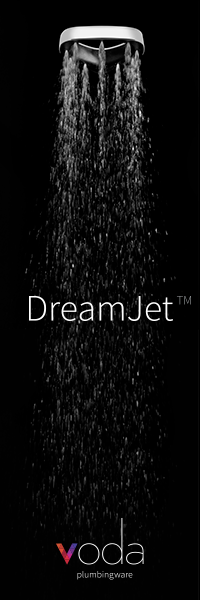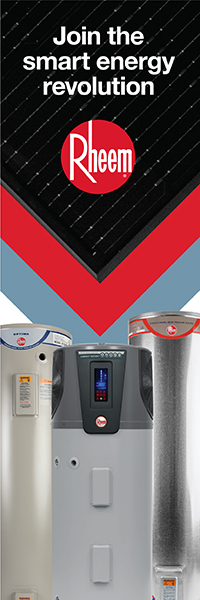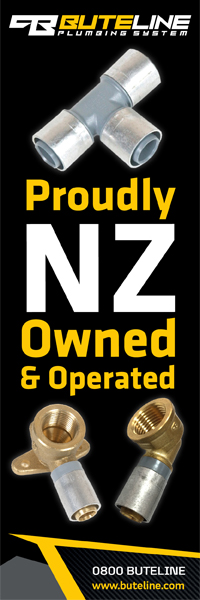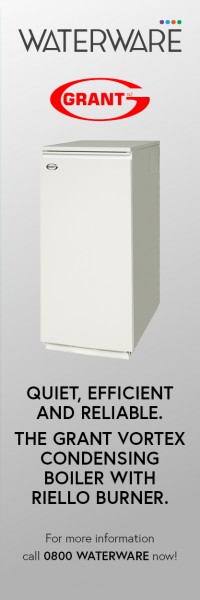Choosing a water heating system
4 September 2018
Did you know that hot water heating accounts for around 30% of the average household energy bill?
Whether you’re updating your existing water heating system or fitting out a new build, choosing the right system is a major decision.
There are 6 basic ways to heat your home’s water:
1. Electric hot water cylinder
2. Gas hot water cylinder
3. Gas continuous flow
4. Heat pump water heating
5. Solar water heating
6. Wetback on a woodburner
Some newer or particularly environmentally-friendly systems require a substantial upfront investment, but have lower running costs. More conventional systems may have a lower upfront cost, but higher running costs. It is important to decide what you can afford and what you are setting out to achieve.
Things to consider
To help you decide which type will suit best, ask yourself:
- What are electricity and gas prices like in your area?
- Are you already connected to a mains natural gas supply for space heating and/or cooking?
- If not, are you able to connect to mains or would you have to use LPG bottles?
- Is your water supply metered or do you have a limited supply, such as a tank?
- How large is your household and is it possible more people will live there in the future?
- How many showers and baths do people in your house take every day?
- Does your washing machine and/or dishwasher use hot water? Do these appliances heat their own water?
Comparing costs
EECA Energywise has an online tool to help you compare upfront costs (purchase and installation), annual running costs and lifetime costs of different types of hot water systems: http://bit.ly/EECA_WaterHeatingSystemTool
To see how much you’re currently paying, have a look at your bills over the last 12 months. It’s possible your hot water energy use is detailed separately on your bill. For an electric hot water cylinder, your hot water energy use may be referred to as ‘controlled electricity’ or come under a ‘Night Boost’.
If you have gas water heating, your gas bills may not list hot water energy use separately. If you use gas for cooking and space heating, have a look at some summer gas bills when you wouldn’t be using gas to heat your home.
If in doubt, contact your energy supplier for help with calculating the cost.
System sizing and design
For new builds and renovations, aim to group areas requiring hot water close together – bathroom, kitchen, toilets and laundry. As well as reducing the initial plumbing costs, you’ll save on energy expenses. There will be less hot water wasted sitting in long pipes, and the hot water will get to its end use much quicker.
If you have a large property, you may need to install more than one water heating system.
Ask the experts
Talk to your local Master Plumber or Gasfitter about the best water heating options to suit the size of your property, the number of people in your household, and your hot water needs.
Our members often install solar water heating systems and wetbacks as well as gas and electric water heating systems, and will be able to advise if any work you are considering will require consents from the local council.
Find your local Master Plumber or Gasfitter here: www.dontriskit.co.nz














































